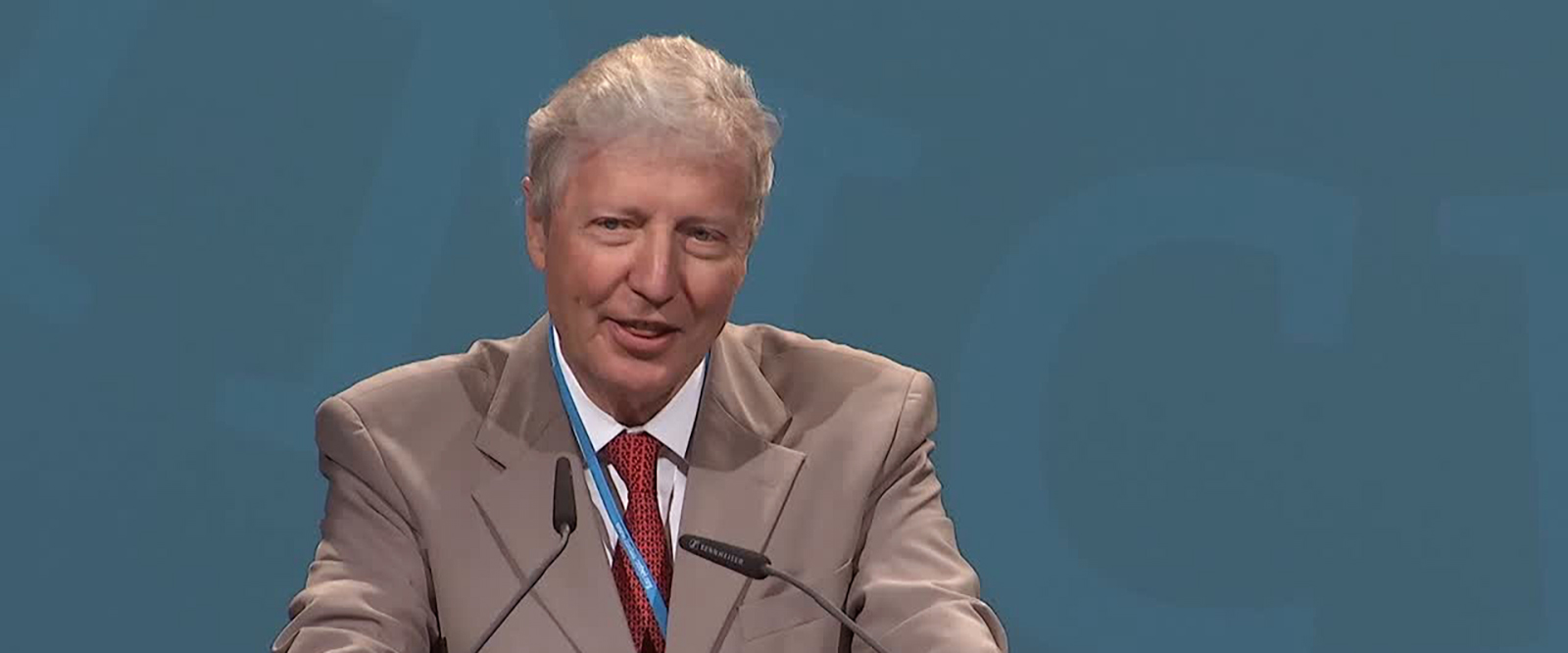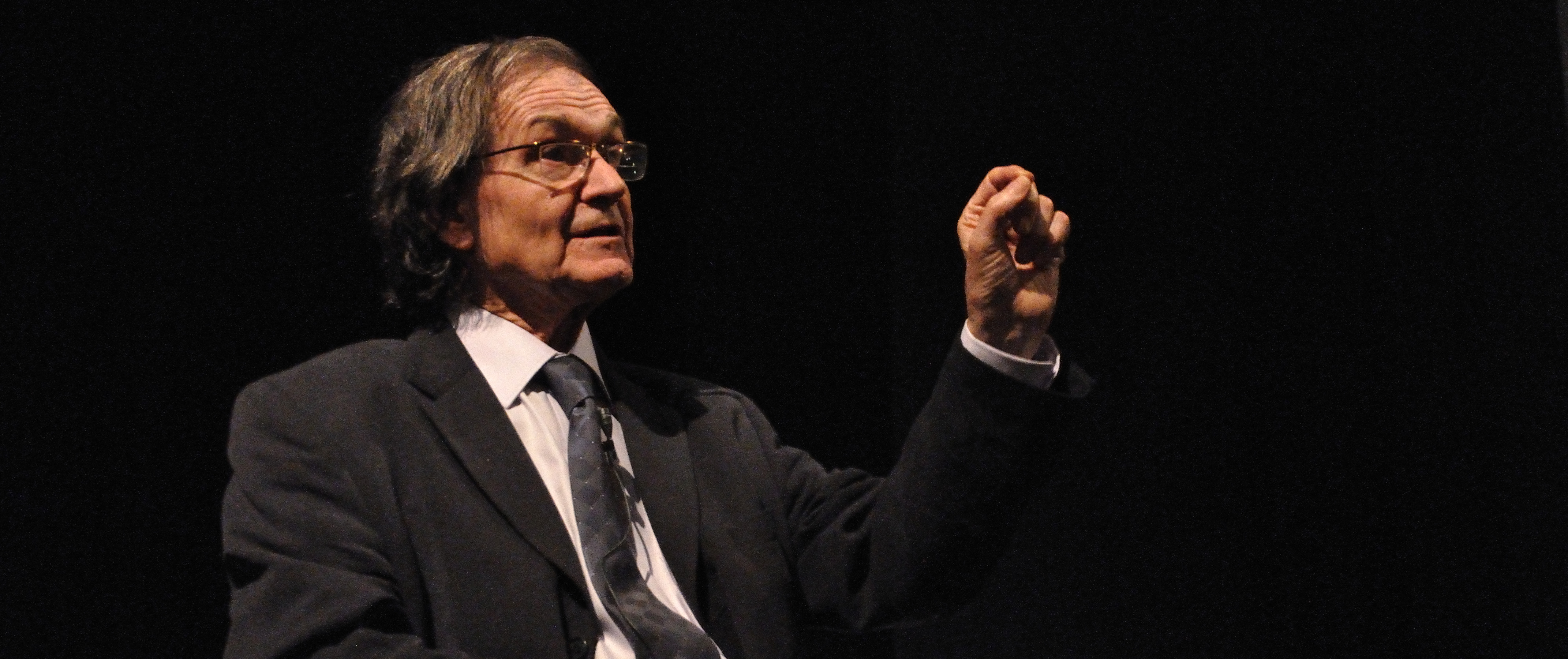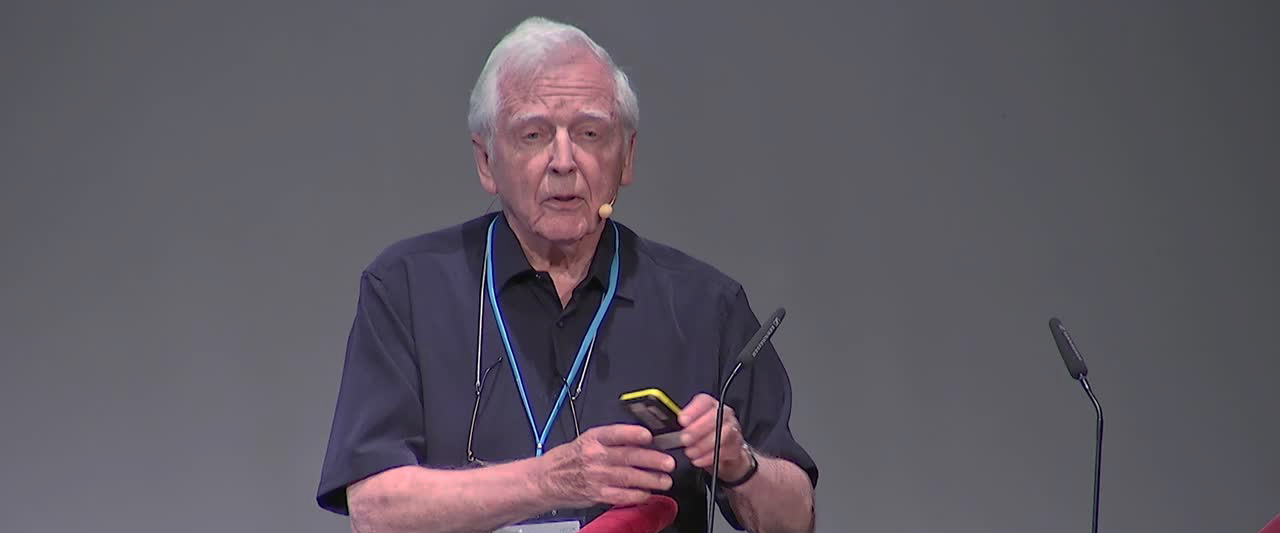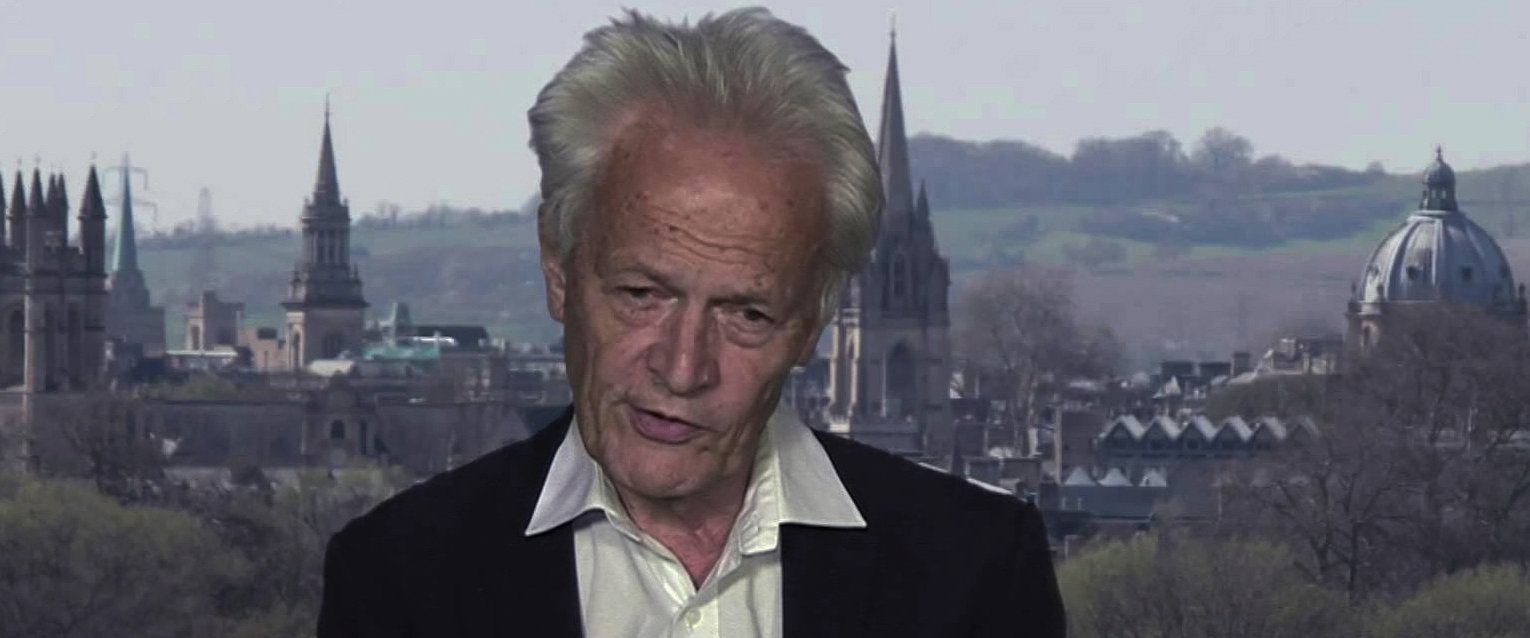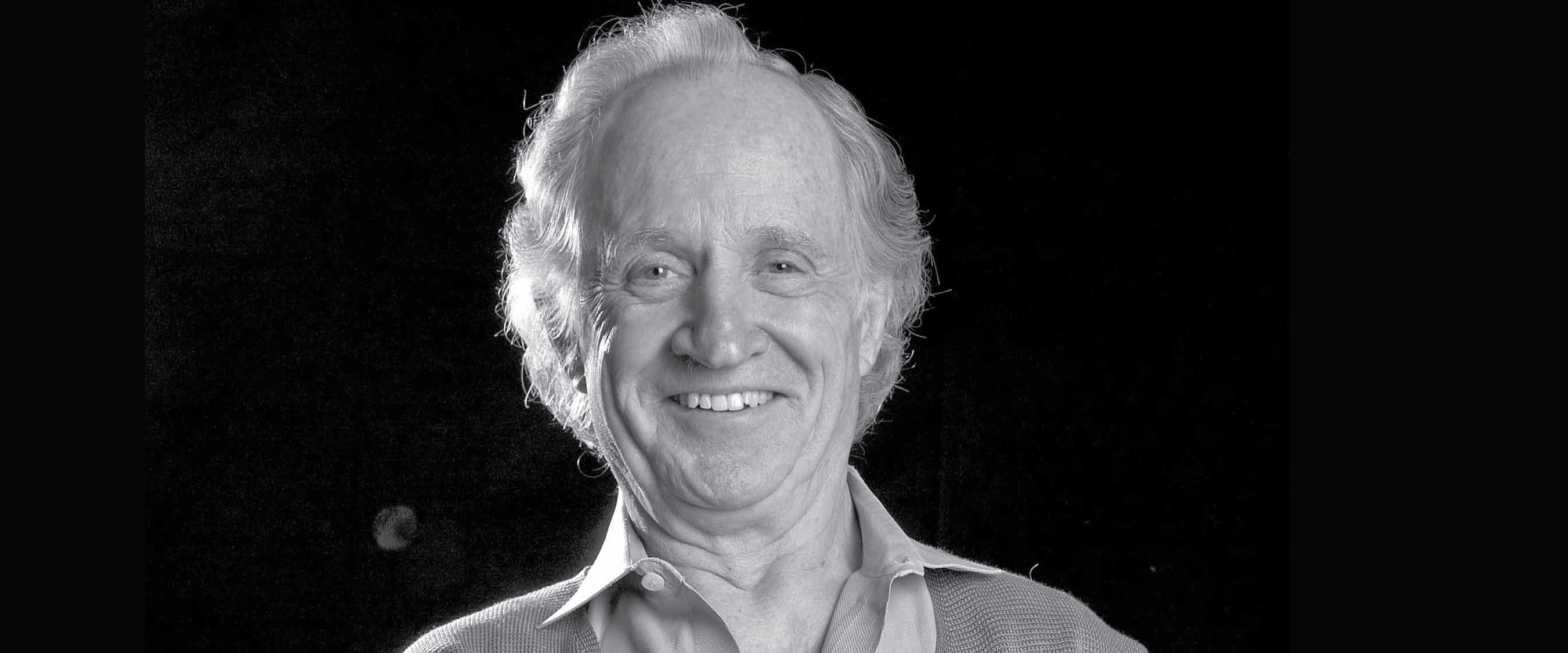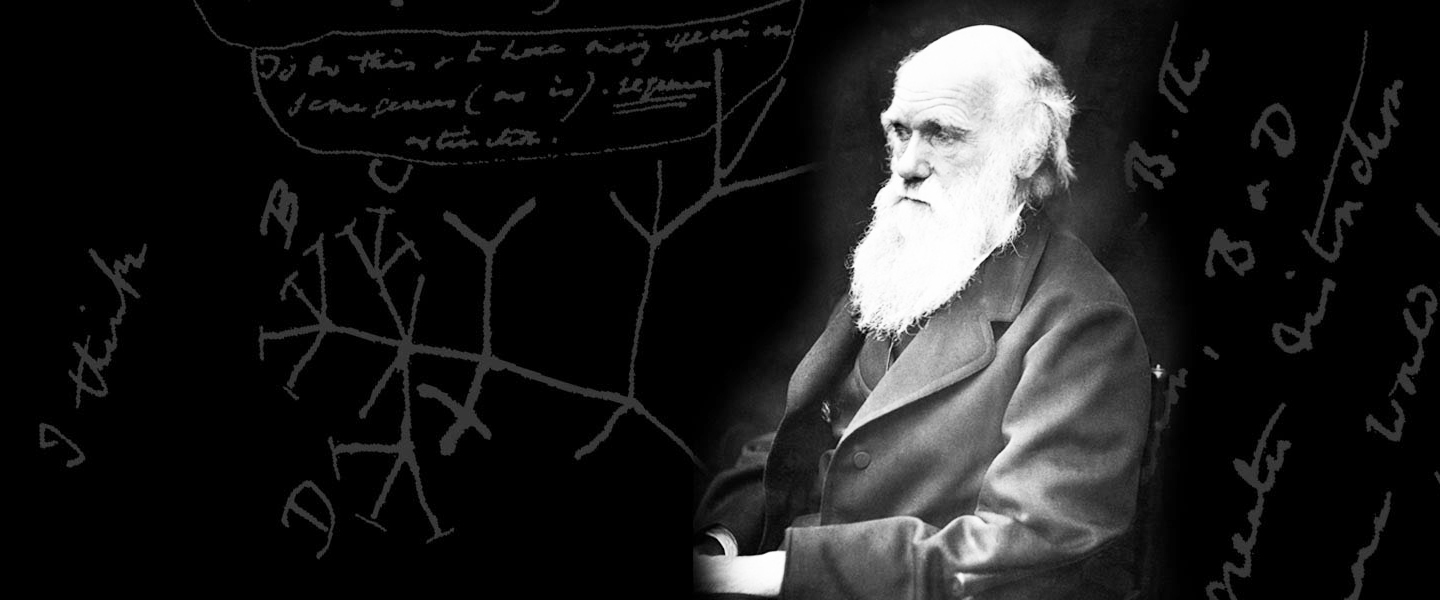05 April 2023.
Jules Hoffmann, University of Strasbourg.
At 5.00 pm on the 5th of April 2023 Jules Hoffmann will give the 2022/23 Marco Fraccaro lecture entitled The Evolution of Innate Immunity in Aula U Foscolo (trada Nuova 65). The poster os the lecture is available at this link.
Jules Hoffmann and his colleagues discovered in 1996 the role of theToll receptor in immunity. Toll had been discovered a several years earlier by Christiane Nüsslein-Volhard as a gene involved in determing the antero-posterior polarity of the early embryo of D melanogaster. The discovery of the role in immunity of the Toll pathway by Juls Hoffmann and the subsequent work by Charles Janeway at Yale have revolutioned the field of immunity and for his Jules Hoffmann was awarded a share of the 2011 Nobel Prize in Physiology or Medicine.
Biography
Jules Hoffmann was born in Luxembourg in1941. He studied Biology at the University in Strasbourg, the University from which he also earned his doctoral degree in 1969. After a period of study and research in Marburg, Germany, J Hoffmann returned to Strasbourg where he worked throughout his whole scientific career serving as a director of a research laboratory of the Centre national de la recherche scientifique (CNRS). He has also served for a number of years as a professor at the University in Strasbourg.
Marco Fraccaro
Marco Fraccaro (26 September 1926 - 2 April 2008) was a distinguished geneticist and Professor of Human Genetics at the University of Pavia for over thirty years. Born in Pavia, he attended the local Liceo Classico Ugo Foscolo with and the Medical School of the University of Pavia where he graduated in 1950. After a few years at the local Institute of Pathological Anatomy he moved to Lionel Penrose in the Galton Laboratory at UCL in 1954 with a fellowship from the British Council and, a year later, to Jan Book’s laboratory in Uppsala where he stayed until 1958 during which time he met his future wife Inga. In 1960, he moved to the newly formed MRC Population Genetics Research Unit in Oxford under Alan Stevenson where he continued his work on cytogenetics that he had initiated in Uppsala. He returned to Pavia in 1962 where he started a highly successful and productive laboratory with funding from NATO and EURATOM and where he took up the Chair of Human Genetics, which he held until 2001.
Throughout his research Marco Fraccaro focussed primarily on sex chromosome abnormalities, especially the genetic abnormalities responsible for abnormal physical and sexual development, but he contributed to several other areas of Genetics such as the distribution in the population of specific types of congenital malformations and the effect of radiation on chromosomes of cells. Marco Fraccaro was deeply attached to Pavia and Oxford and there was hardly a conversation in which he failed to mention the life and history of these two cities. His love for Oxford was also expressed in a small book of quotations (Oxford for strangers of all sorts) which he published in 1997. From 1971 until 2002 he was Master of Collegio Cairoli, one of the University Colleges at Pavia. He run the College informally and effectively and made Cairoli a place of learning and debate for students and staff. He also made it into a meeting point for modern visual arts by organising a successful series of exhibitions of modern artists that will enrich the College for years to come. Marco Fraccaro has been one of the defining personalities of the University of Pavia in the second half of the 20th century and the lecture aims to recognise his interests in Science and the Arts and his intellectual legacy.
Image
A mutant fruit fly killed by fungus due to the absence of a functional Toll gene and anti-fungal immunity.
